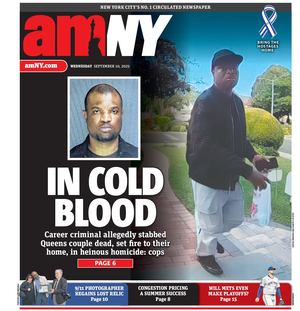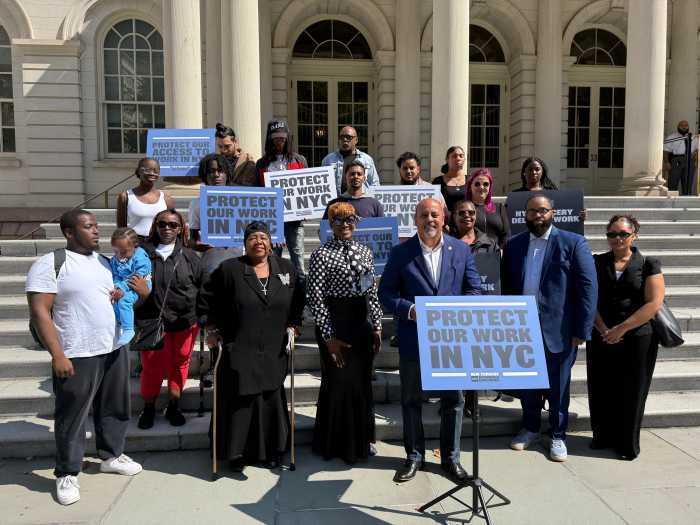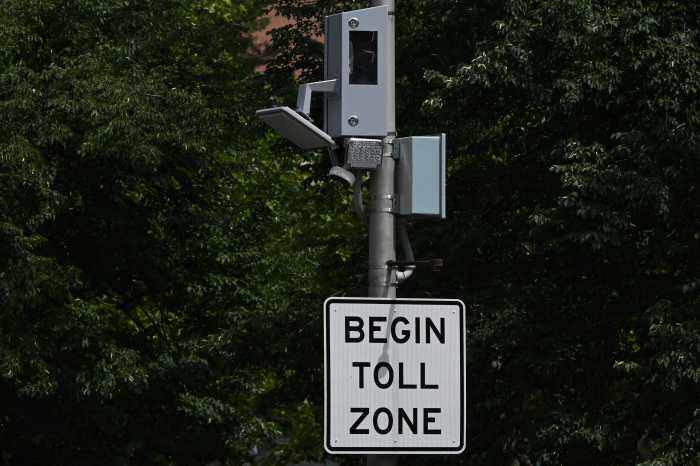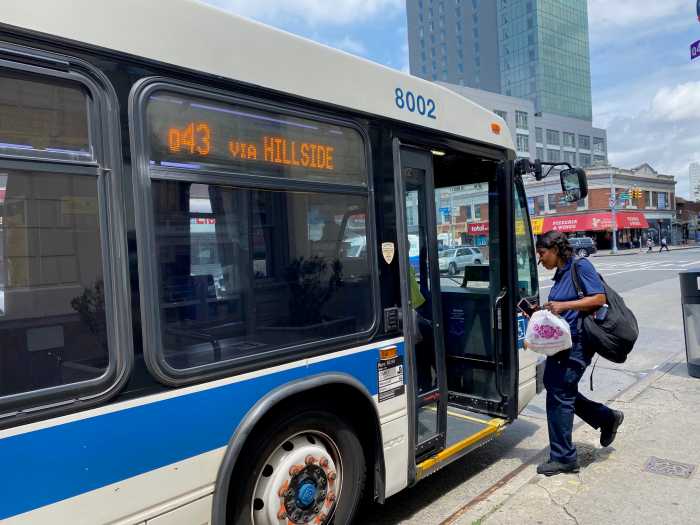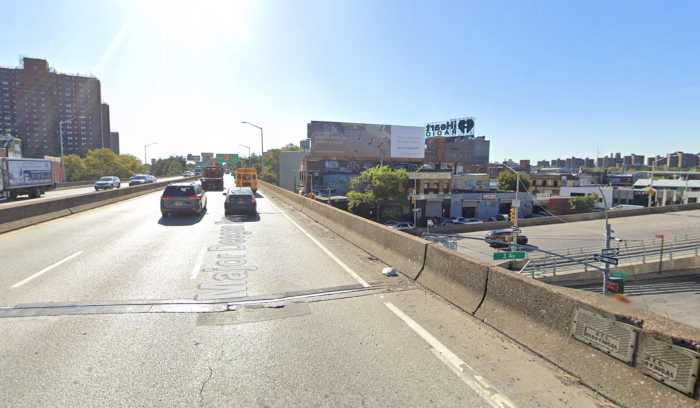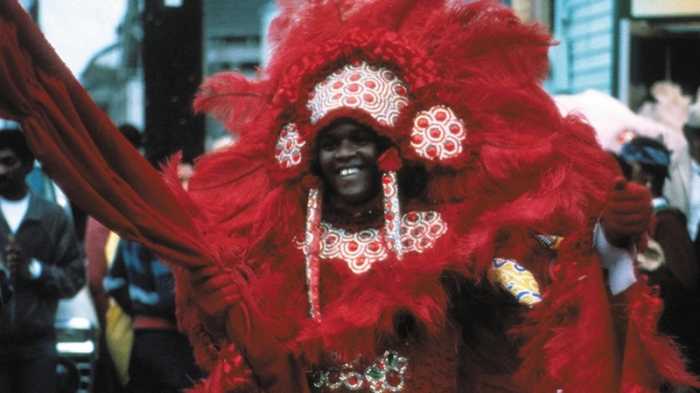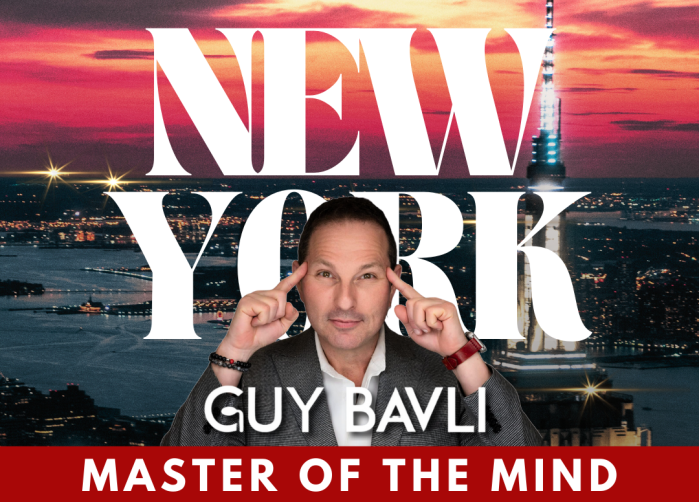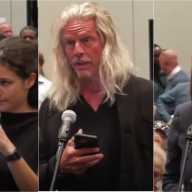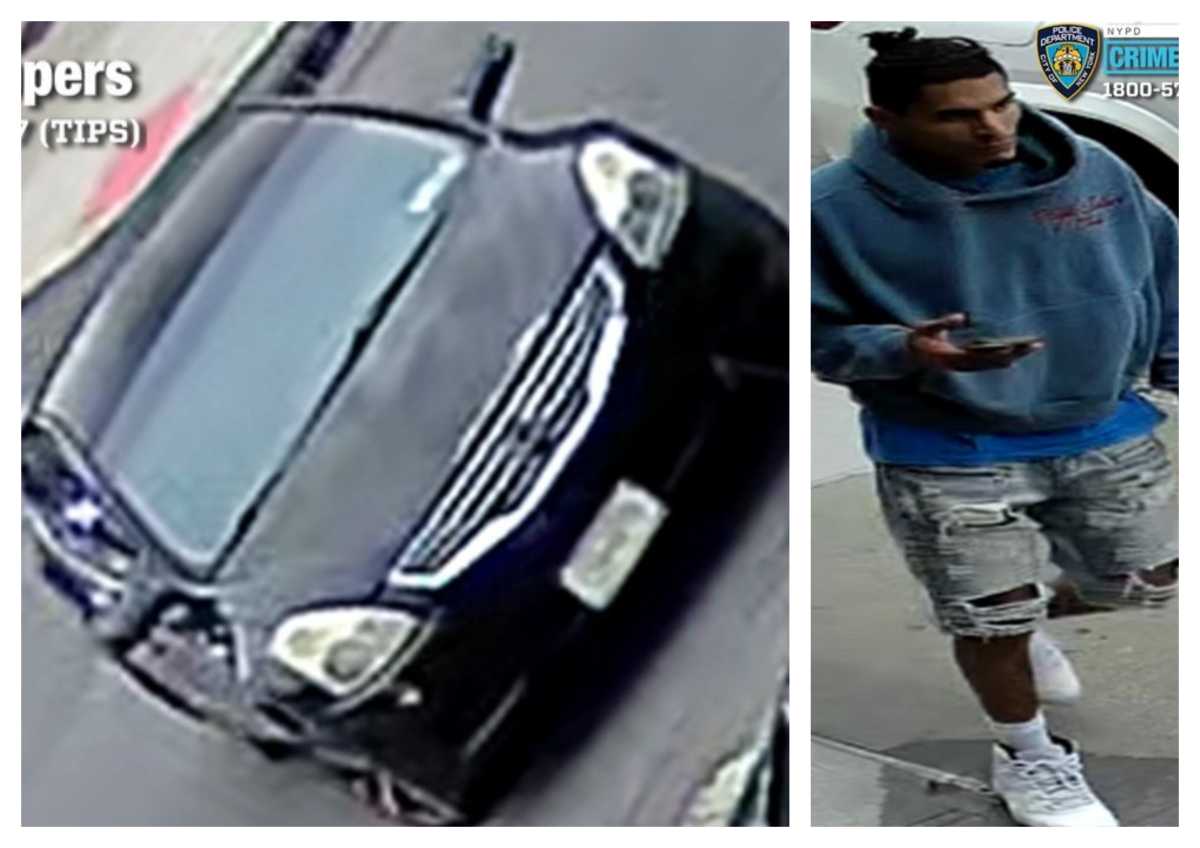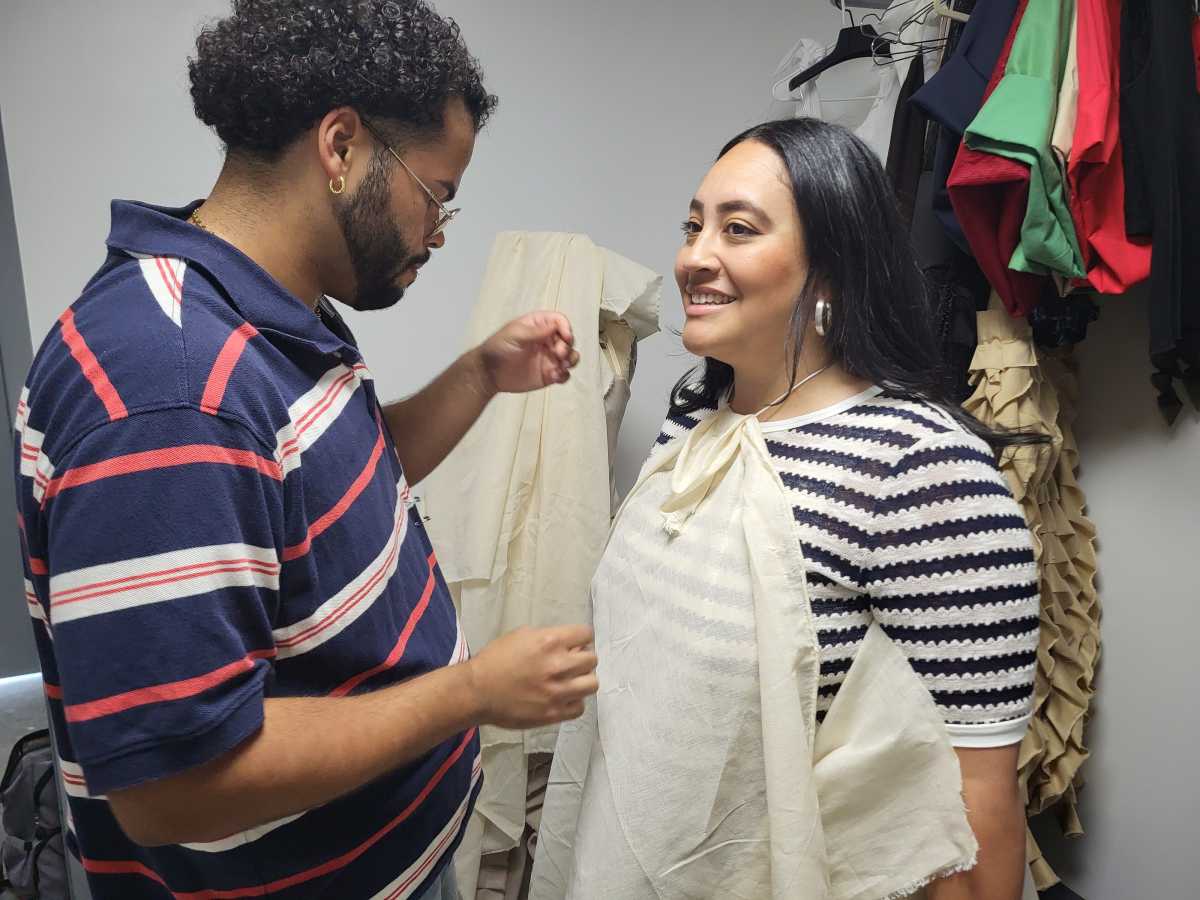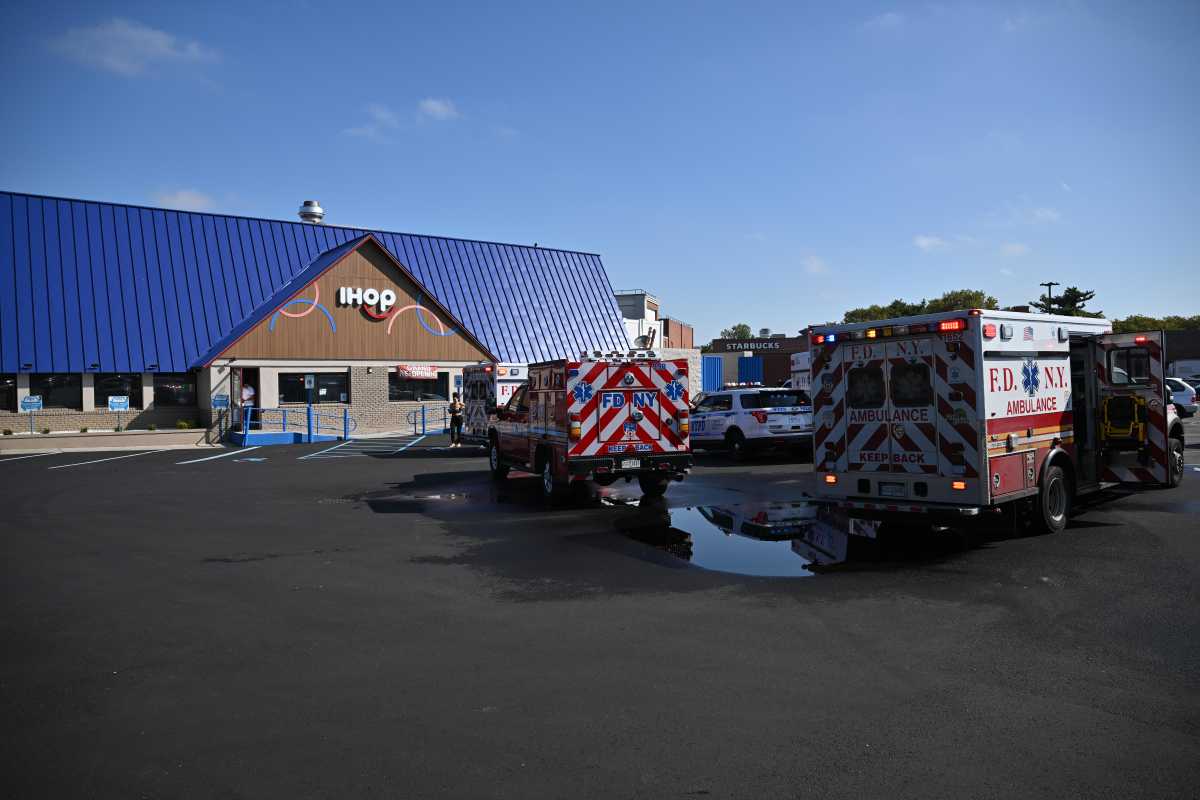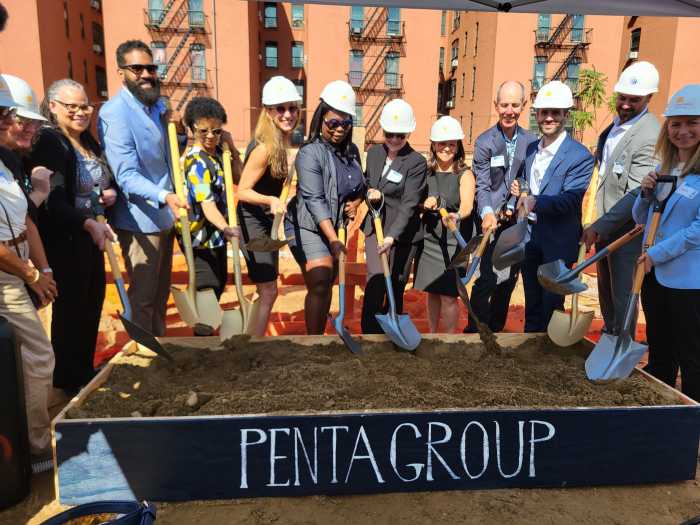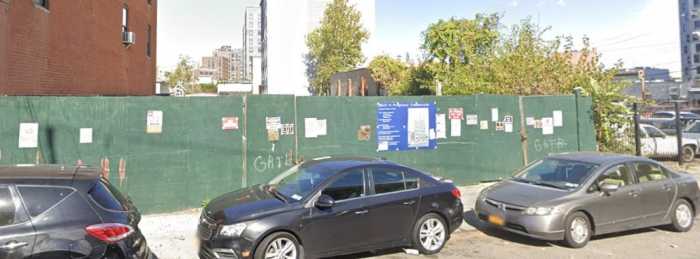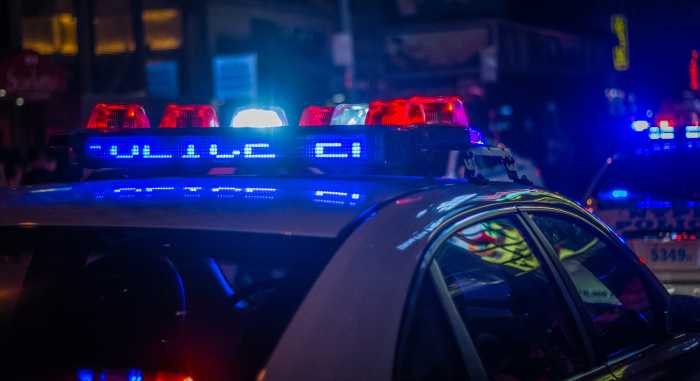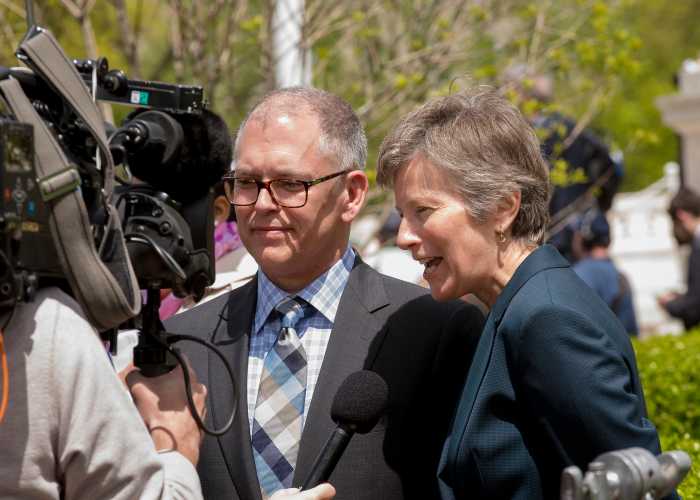
Leaders of the largest unions in the city support a proposal to provide half-fare MetroCards to low-income New Yorkers.
Union heads representing retail, health care and transit workers, as well as the New York State Nurses Association (NYSNA), are announcing support for such a plan on Friday.
“It’s an important issue for both low-wage workers and actually for all people of New York City,” said Stuart Appelbaum, President of the Retail, Wholesale and Department Store Union (RWDSU). “All too often, low-wage workers want to work—but they can’t afford to get there. And it’s also of the city’s interest to get people to work and to jobs.”
Applebaum is joining Hector Figueroa, president of 32BJ; John Samuelsen, president of TWU Local 100; Jill Furillo, executive director of the NYSNA and George Gresham, president of 1199SEIU—the largest union in New York City—to back the proposal.
Championed by the two advocacy groups Community Service Society and Riders Alliance, the plan would provide half-fare MetroCards to residents living at or below the Federal Poverty Level. It would cost about $200 million annually to fund, and could impact up to 800,000 residents, they estimate.
Though the MTA is state-run, the groups want Mayor Bill de Blasio to fund the program, reasoning that the city would be able to get it off the ground faster than Albany. But the mayor has balked. He left the proposal out of his $84.67 billion preliminary budget for fiscal year 2018.
“First of all, it’s something we cannot afford to do and, second of all, it should be the responsibility of the state of New York,” said de Blasio at his budget presentation on Tuesday.
Outgoing MTA Chairman Tom Prendergast said he also liked the plan. But he passed the buck back to the mayor, claiming that such a subsidy is the responsibility of the city. That’s how other nascent programs are structured in cities like Seattle.
The two advocacy groups behind the proposal have gathered support from a majority of City Council members, four borough presidents and other elected officials. In an election year, they hope that the backing from the unions will have de Blasio reconsidering his budget. MTA fares are set to rise again in March.
“The mayor can amend his budget so that low-income riders don’t have to amend theirs,” said Rebecca Bailin, campaign manager at Riders Alliance.
